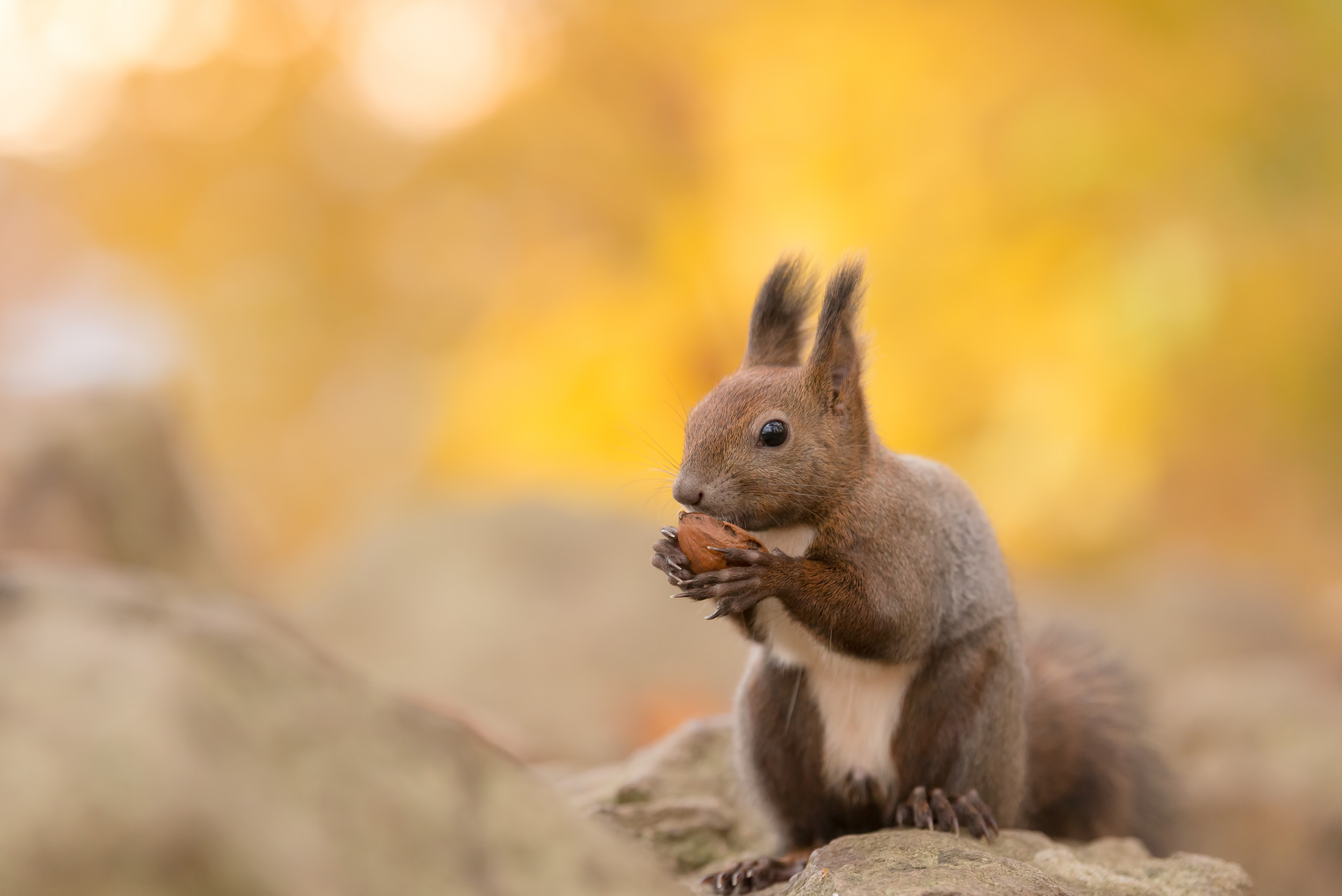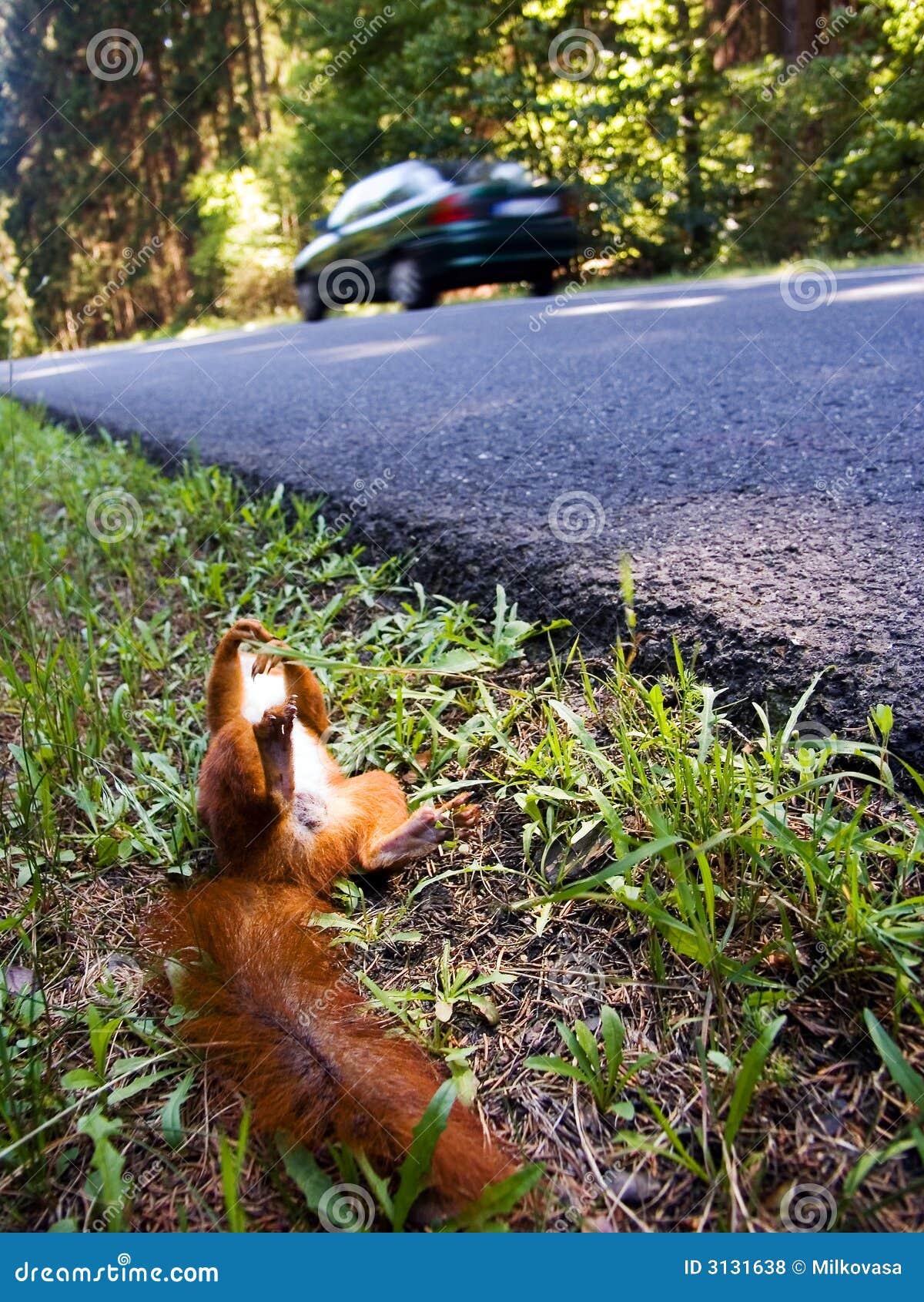When we talk about squirrel death, it's a topic that tugs at our heartstrings and sparks curiosity. Imagine walking through your favorite park and stumbling upon the lifeless body of a tiny squirrel. It’s a sight that leaves you wondering what happened and why. Squirrel deaths are more common than we think, and understanding the causes can help us protect these adorable creatures. So, let’s dive into this sensitive yet important issue.
Squirrels, with their bushy tails and playful nature, are a beloved sight in many neighborhoods. But behind their cute exterior lies a harsh reality. Every year, countless squirrels face untimely deaths due to various factors. From natural causes to human interference, the reasons are as diverse as they are alarming. Knowing what leads to squirrel deaths is the first step toward conservation.
This article will take you on a journey to explore the reasons behind squirrel deaths, their impact on ecosystems, and what we can do to prevent them. Whether you're an animal lover, an environmentalist, or just someone who cares about wildlife, this topic deserves your attention. Let’s uncover the truth together.
- Meat Loaf The Iconic Singer Who Shaped Rock History
- Bushwhackers Wwf The Untold Story Of Butch And Sundance In Wrestling History
Understanding Squirrel Death: A Closer Look
What Causes Squirrel Deaths?
So, what exactly causes squirrels to meet their untimely demise? Well, it’s not just one thing. There’s a whole bunch of factors that contribute to squirrel deaths, and they’re not always what you’d expect. Let’s break it down:
- Predators: Hawks, snakes, and even domestic cats are natural enemies of squirrels. These predators can make quick work of an unsuspecting squirrel.
- Traffic Accidents: Squirrels darting across roads are often victims of speeding vehicles. This is a growing concern in urban areas.
- Disease: Squirrels can succumb to diseases like squirrel pox and leptospirosis, which are often transmitted through contact with infected animals.
- Habitat Loss: As cities expand and forests shrink, squirrels lose their homes, making them more vulnerable to threats.
It’s a tough world out there for these little critters, and each of these factors plays a significant role in their survival—or lack thereof.
The Role of Human Activity in Squirrel Death
How We Impact Squirrel Populations
Humans, whether intentionally or not, have a massive impact on squirrel populations. Our actions, from deforestation to pollution, can have devastating consequences for these animals. Here’s how:
- Millie Bobby Brown Naked Separating Facts From Fiction
- Angie Jakusz The Rising Star Redefining Music And Entertainment
First off, urban development often leads to habitat destruction. Trees are cut down to make way for buildings, leaving squirrels without the shelter they need. Plus, the use of pesticides in gardens can poison squirrels, affecting their health and reproduction. And let’s not forget about littering. Discarded food and trash can attract predators or cause squirrels to ingest harmful substances.
It’s a cycle that needs breaking, and awareness is the first step. By understanding our role in squirrel deaths, we can take steps to mitigate the damage.
Statistics on Squirrel Deaths
Numbers Don’t Lie
According to recent studies, the annual squirrel mortality rate is alarmingly high. In some regions, up to 50% of squirrel populations are lost each year due to various causes. Here are some key stats:
- Approximately 20% of squirrel deaths are caused by road accidents.
- Diseases account for around 15% of squirrel fatalities.
- Predation is responsible for nearly 30% of deaths.
These numbers paint a grim picture, but they also highlight areas where we can intervene. By focusing on reducing road accidents and protecting habitats, we can significantly lower squirrel mortality rates.
Impact on Ecosystems
Why Squirrel Deaths Matter
Squirrels might seem like small players in the grand scheme of things, but their role in ecosystems is crucial. These little creatures help spread seeds, aerate soil, and even control insect populations. When squirrel populations decline, it can have a ripple effect on the environment.
For instance, fewer squirrels mean fewer seeds being dispersed, which can lead to reduced plant growth. This, in turn, affects other animals that rely on those plants for food and shelter. It’s a domino effect that can destabilize entire ecosystems.
Preventing Squirrel Deaths
What Can We Do?
The good news is, there are plenty of ways we can help prevent squirrel deaths. Here are some practical tips:
- Plant Trees: Creating more green spaces gives squirrels a safe place to live and thrive.
- Drive Carefully: Being mindful of wildlife while driving, especially in wooded areas, can save countless lives.
- Use Natural Pest Control: Opt for eco-friendly solutions instead of harmful chemicals that can poison squirrels.
- Support Conservation Efforts: Donate to or volunteer with organizations working to protect wildlife.
Every small action counts, and collectively, we can make a big difference.
Understanding Squirrel Behavior
Why Do Squirrels Take Risks?
Have you ever wondered why squirrels seem so reckless? Why do they dart across busy roads or venture into dangerous areas? It all comes down to instinct. Squirrels are driven by the need to find food, mates, and shelter. In urban environments, these needs often lead them into harm’s way.
For example, a squirrel searching for food might cross a busy street to reach a tree with nuts. Or, during mating season, a male squirrel might take risks to impress a potential mate. Understanding these behaviors can help us anticipate and prevent dangerous situations.
Common Misconceptions About Squirrel Death
Separating Fact from Fiction
There are a lot of myths surrounding squirrel deaths, and it’s important to set the record straight. For instance, some people believe that squirrels are naturally short-lived, but this isn’t entirely true. In the wild, squirrels can live up to 6 years, and in captivity, they’ve been known to live even longer. Another misconception is that squirrels are immune to diseases, which is far from the truth.
By debunking these myths, we can better understand the challenges squirrels face and how to address them.
Case Studies: Real-Life Examples of Squirrel Deaths
Learning from Specific Incidents
Let’s take a look at some real-life examples of squirrel deaths and what we can learn from them. In one instance, a community in a suburban area noticed a sudden drop in squirrel populations. Upon investigation, they discovered that a local construction project had destroyed a large section of forest, leaving the squirrels homeless. By working with conservationists, the community was able to replant trees and restore the habitat, leading to a gradual recovery of squirrel numbers.
In another case, a city implemented a program to reduce road accidents involving wildlife. By installing wildlife crossings and educating drivers, they managed to cut squirrel road deaths by 40%.
The Future of Squirrel Conservation
Hope on the Horizon
While the issue of squirrel deaths is serious, there’s reason to be optimistic. Advances in technology, increased awareness, and dedicated conservation efforts are making a difference. For example, GPS tracking is now being used to study squirrel movements and identify high-risk areas. This data can then be used to implement targeted conservation strategies.
Additionally, more and more people are getting involved in wildlife protection. From schoolchildren planting trees to scientists conducting research, everyone has a part to play in safeguarding squirrel populations.
Conclusion
Squirrel death is a complex issue with no easy solutions, but by understanding the causes and taking action, we can make a positive impact. Whether it’s planting trees, driving carefully, or supporting conservation efforts, every little bit helps. So, the next time you see a squirrel, take a moment to appreciate these amazing creatures and think about how you can help protect them.
We’d love to hear your thoughts on this topic. Leave a comment below and let us know what steps you’re taking to help squirrels. And don’t forget to share this article with your friends and family. Together, we can make a difference!
Table of Contents
- Understanding Squirrel Death: A Closer Look
- The Role of Human Activity in Squirrel Death
- Statistics on Squirrel Deaths
- Impact on Ecosystems
- Preventing Squirrel Deaths
- Understanding Squirrel Behavior
- Common Misconceptions About Squirrel Death
- Case Studies: Real-Life Examples of Squirrel Deaths
- The Future of Squirrel Conservation
- Conclusion
- Carlos Alcaraz Vs Tomas Machac The Thrilling Clash Of Tennis Titans
- Willy Wonka Amp The Chocolate Factory A Sweet Adventure That Stands The Test Of Time


